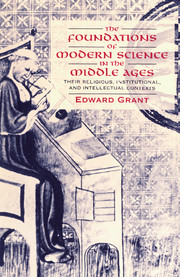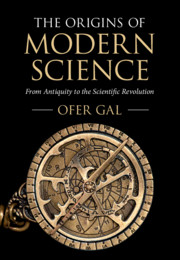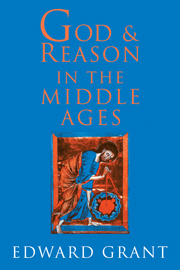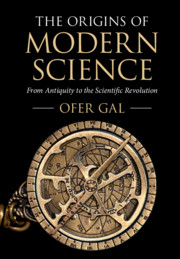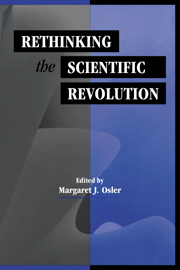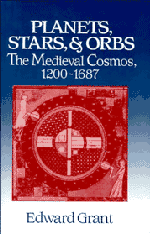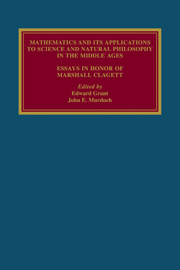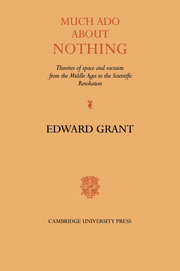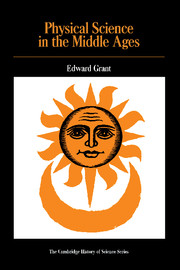The Foundations of Modern Science in the Middle Ages
Contrary to prevailing opinion, the roots of modern science were planted in the ancient and medieval worlds long before the Scientific Revolution of the seventeenth century. Indeed, that revolution would have been inconceivable without the cumulative antecedent efforts of three great civilisations: Greek, Islamic, and Latin. With the scientific riches it derived by translation from Greco-Islamic sources in the twelfth and thirteenth centuries, the Christian Latin civilisation of Western Europe began the last leg of the intellectual journey that culminated in a scientific revolution that transformed the world. The factors that produced this unique achievement are found in the way Christianity developed in the West, and in the invention of the university in 1200. As this 1997 study shows, it is no mere coincidence that the origins of modern science and the modern university occurred simultaneously in Western Europe during the late Middle Ages.
- This is the first time this thesis has been published
- Would serve admirably as a supplemental textbook for courses in the history of science and medieval culture
- Edward Grant is a long-time Press author whose other titles have sold very well; Physical Science in the Middle Ages has sold 13, 200 copies since its 1978 publication
Product details
No date availablePaperback
9780521567626
266 pages
226 × 152 × 18 mm
0.43kg
5 b/w illus.
Table of Contents
- Preface
- 1. The Roman Empire and the first six centuries of Christianity
- 2. The new beginning: the age of translation in the twelfth and thirteenth centuries
- 3. The medieval university
- 4. What the Middle Ages inherited from Aristotle
- 5. The reception and impact of Aristotelian learning and the reaction of the Church and its theologians
- 6. What the Middle Ages did with its Aristotelian legacy
- 7. Medieval natural philosophy, Aristotelians, and Aristotelianism
- 8. How the foundations of early modern science were laid in the Middle Ages.

